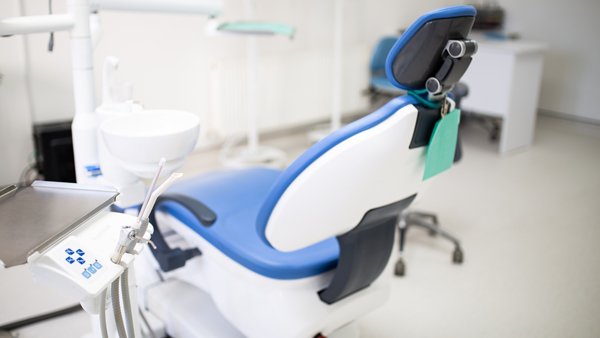Silent and Dangerous: The Impact of Gum Disease on Your Health

Gum disease is a common yet often overlooked condition that affects millions of adults worldwide. It begins subtly, often without noticeable pain, making it a silent threat to both oral and overall health. Left untreated, gum disease can progress from mild inflammation to a severe infection, potentially leading to tooth loss and contributing to other serious health complications. Understanding the risks and signs of gum disease is essential for maintaining a healthy smile and overall well-being.
Understanding gum disease
Gum disease, also known as periodontal disease, occurs when bacteria in dental plaque irritate the gums. The earliest stage, gingivitis, causes redness, swelling, and bleeding during brushing or flossing. Without treatment, gingivitis can progress to periodontitis, where the infection damages the soft tissue and bone that support the teeth. Periodontitis can lead to loose teeth, receding gums, and eventual tooth loss.
How gum disease affects overall health
Research indicates that gum disease is not limited to oral health. Inflammation and bacteria associated with gum disease can enter the bloodstream, affecting other parts of the body. Studies have linked gum disease to cardiovascular disease, diabetes, respiratory infections, and complications during pregnancy. Managing gum disease not only protects teeth and gums but may also reduce the risk of these systemic health issues.
Signs and risk factors
Recognizing the warning signs of gum disease is crucial for early intervention. Common indicators include:
- Bleeding gums: Bleeding during brushing or flossing often signals early gum disease.
- Red or swollen gums: Inflammation or puffiness around the teeth is a common symptom.
- Persistent bad breath: Ongoing halitosis can indicate bacterial buildup below the gumline.
- Loose teeth: Advanced gum disease can weaken supporting structures, causing tooth mobility.
Certain factors increase the risk of developing gum disease, including smoking, poor oral hygiene, genetics, hormonal changes, and chronic illnesses such as diabetes. Regular dental visits help identify these risks and provide opportunities for preventive care.
Prevention and treatment
Preventing and managing gum disease begins with daily oral hygiene. Brushing at least twice a day, flossing daily, and using an antiseptic mouthwash help reduce plaque buildup. Routine dental exams and professional cleanings enable dentists to identify early signs of gum disease and implement effective treatment strategies.
For mild cases, non-surgical treatments such as scaling and root planing can remove plaque and tartar that has accumulated below the gumline. More advanced cases may require surgical interventions, including flap surgery or bone grafts, to restore damaged tissue. Timely intervention is critical to prevent permanent damage and maintain oral health.
Get treated for gum disease at our Lindenwold office
Gum disease is a silent and dangerous condition that can have significant consequences beyond the mouth. Recognizing the signs, understanding risk factors, and maintaining regular dental care are key to preventing its progression. By taking proactive steps, patients can protect their teeth, gums, and overall health, reducing the risk of complications associated with gum disease. For more information or to schedule an appointment, call our office at (856) 776-7208.
To schedule a consultation, request an appointment on our website at https://cooperdentalnj.com or call Cooper Dental at (856) 776-7208 for an appointment in our Lindenwold office.
Check out what others are saying about our dental services on Yelp: Gum Disease in Lindenwold, NJ.
Related Posts
Think you may need gum disease treatment? Read on to learn more about this condition. Gum disease treatment is necessary if infection-causing bacteria invade the oral cavity. Without prompt treatment, the bacteria will cause severe gum inflammation, which can lead to problems with the bones and tissues that support the teeth.Gingivitis is the first stage…
Teeth whitening helps many adults lift everyday stains while keeping appointments simple and predictable. At-home trays use dentist-recommended gel and a snug fit to gradually brighten enamel, supporting comfort and consistency. This approach fits busy routines, allows adjustments along the way, and encourages long-term shade maintenance with periodic touch-ups after professional cleanings.Teeth whitening gel contains…
A dental bridge is often an important tooth-replacement option when one or more teeth are missing in the same area. Gaps in the smile affect chewing, speech, and overall oral health. Over time, missing teeth can also affect jaw alignment and place extra stress on the remaining teeth. Understanding how a bridge works helps patients…
Dentures are one of the more common methods of tooth replacement and they often fall under the category of general dentistry services. Understanding what dentures are and who they are for can help you decide whether they or another type of general dentistry service is right for you.General dentistry services vary for each general dentist.…
